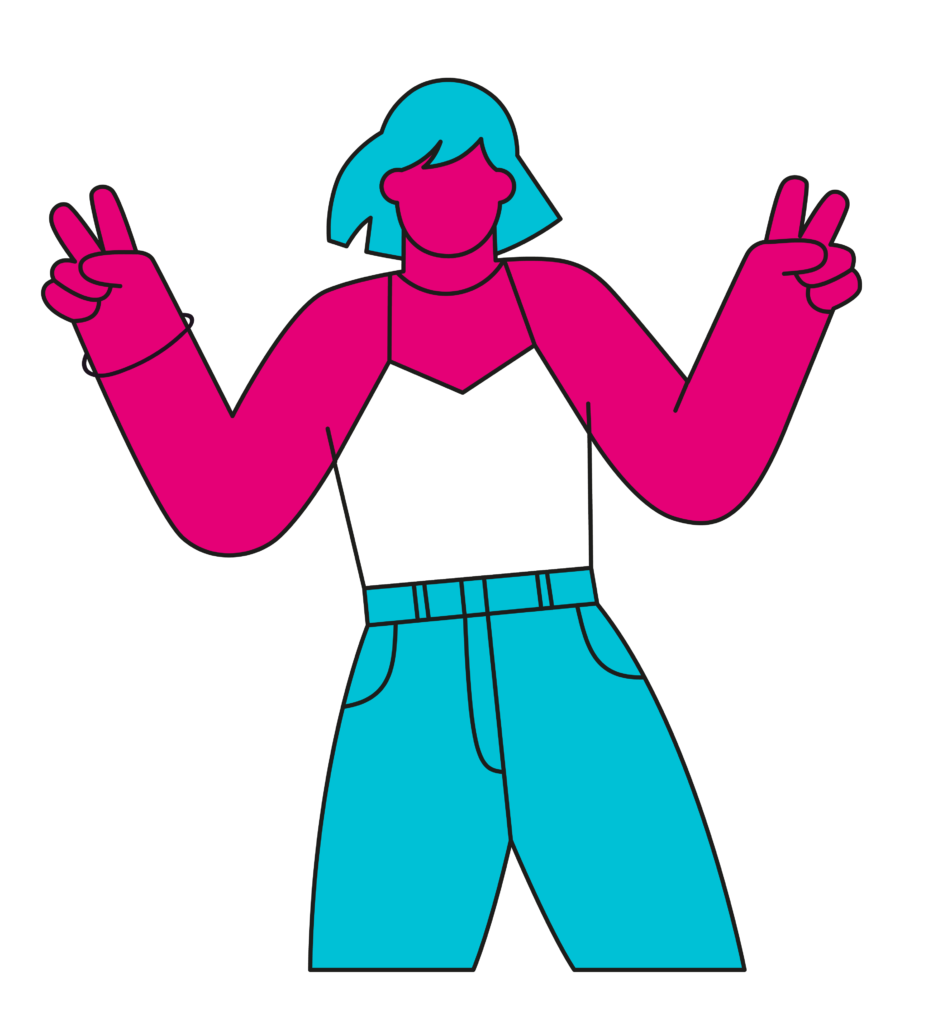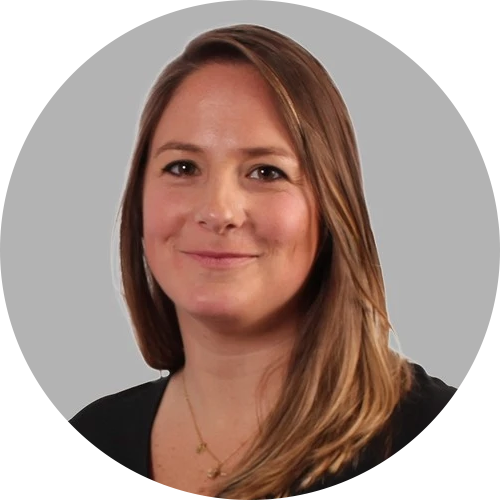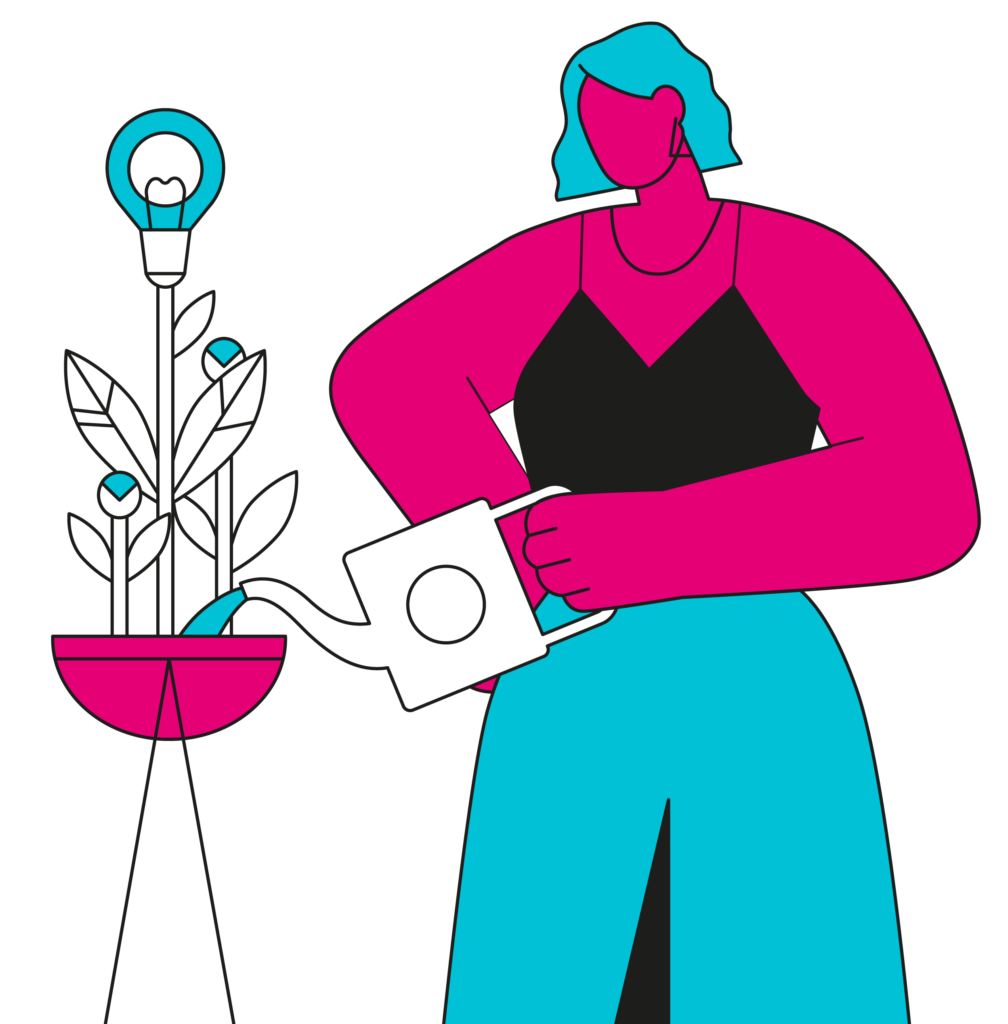Embracing and empowering equity for women, and as women, across the sector
- March 8, 2023
- Categories: Stay in the Loop




International Women’s Day (IWD) is all about praising and celebrating women’s achievements, helping to raise awareness about discrimination and driving us closer to gender parity.
This year’s theme is embracing equity. So, we asked leaders what it means to empower equity for women, and as women, across the sector.
Interviewees for our IWD sessions included:

Civic Data Cooperative - Public Participation Manager

Hill Dickinson – Legal Director

Liverpool City Region Combined Authority, Transformation Lead
So, grab a brew, plug in, and listen to how we all can make the world a more equitable place.
Running short of time? Read on to check out some of our favourite snippets from the interview.
Q: “What motivated you to pursue a career in the sector and how has your gender influenced your experience?”
E: “I wanted to see positive change in the community. Has gender influenced my experience? Absolutely. You can see it in the line of my career, which started as a very academic route and turned into a much more applied government, public sector role. It’s not always easy to make a difference in the public sector, but it’s much more applied it’s much less detached.”
R: “Practising corporate law in the private sector, there wasn’t enough time working with clients to feel I was really making a difference with the work that I was doing. I wanted to look at a specialism where I could feel I was giving back, so I started to work within health and in particular primary care. I find it extremely rewarding in that I can see how my work is ultimately helping to make a difference to the end person; the patient.”
K: “I never thought that I’d end up working in the public sector, but I think it’s no surprise that I’ve ended up working in an organisation where I can come to work and be proud of the difference we’re making to people’s lives. It’s such a privilege to be able to work in a role where you can have a real tangible impact, especially, in the region where I was brought up.”
Q: “Can you describe a time when you faced challenges or obstacles as a woman in your role, and how did you overcome them?”
E: “I’ve been quite lucky in my current role, but that’s not to say there hasn’t been a lot of sense of feeling less valued in previous roles that I’ve done in the public sector. I remember one colleague saying that my work was essentially window dressing. I think that’s because roles that are traditionally done by women have more, quote-unquote, soft skills are really undervalued.”
K: “Unfortunately, women can still experience casual sexism in the workplace. I don’t want to downplay these things, they shouldn’t happen, but I do also think that sometimes you can use these things to your advantage. Instead of walking into a room full of men and feeling really overwhelmed, I think more about how much I stand out, and how people are going to listen when I speak because I’m one of few women in the room.
Instead of thinking, ‘why do I feel that I have to work harder?’, I think about how much better that’s going to be for the residents of the city region.”
Q: “How do you ensure that your organisation’s behaviour promotes gender equity and inclusivity?”
E: “Making a workplace that women want to work in and feel safe to work in. Safety isn’t just about, whether I’m not going to be attacked at work, it’s about if I have children and childcare responsibilities, and do I have flexible working options. Promoting gender inclusivity is also about considering the ways that we set up meeting times and how it impacts women’s lived experiences.”
R: “I can’t emphasise enough the value of having those strong female role models within my working environment. We’ve had a recent example, where somebody was still able to secure a promotion whilst on maternity leave; being off for 12 months shouldn’t in any way hinder your progress. One of the things that I’m very keen to instil in the wider team is you are bringing skills to the team by being a working mum.”
Q: “How do you consider intersectionality in your efforts to create fairness and make everyone feel welcome?”
K: “So often we default to talking about women as a collective. We’re all different with our own life experiences, challenges and opportunities. The needs of a black woman will differ from the needs of a disabled woman or the needs of a gay woman.
That’s why I really liked the word equity because it recognises that we can’t achieve equality by giving everyone the same thing. The way I think about it is, if there are two hungry people and you give them both the same amount of food, but one of them hasn’t eaten for a day, and the other hasn’t eaten for a week. We haven’t satisfied both of their hunger in the same way. Our response has been equal, but we haven’t met the different needs of those two people. It’s also about creating a safe space for people to show up exactly how they want to show up, and that differences are celebrated and understood.”
Q: “What do you think are the biggest contributors to gender equity… and what are the biggest blockers?”
E: “The biggest contributor to gender equity is basic education. The biggest blockers are the systems. Systems are designed to work the way they do; they don’t happen by accident. People who succeed in those systems succeed because they were designed for them.
So how do we address that? – creating a space where people in positions of power can be challenged or questioned on things that may sit outside of their lived experience.”
Q: “What would you like to see happen in the future, how do you think we can get there?”
R: “I think strong female role models are extremely important, it’s one thing to have those policies and procedures in place that say that you support parents, flexible working and hybrid working, but these things need to be adopted and ingrained within the culture of organisations and that needs to be from the top down.”
K: “Equal pay, equal access to opportunities, more women in positions of leadership, violence against women and girls to be completely eradicated, women and girls being able to live their lives on their own terms instead of these pre-set, predetermined conditions.
I think it is huge to have free or affordable childcare. The reason care work has been so undervalued for so long is that it’s predominantly done by women. Those who do it professionally are overworked and underpaid and those who do it as family caregivers are just completely unrecognised and invisible. Change will require a lot of funding and investment, what we can do is make sure that we’re paving the way for others to follow.”

Want to help create a more equitable world for the public and third sector?
Let’s chat at hello@thisiscapacity.co.uk